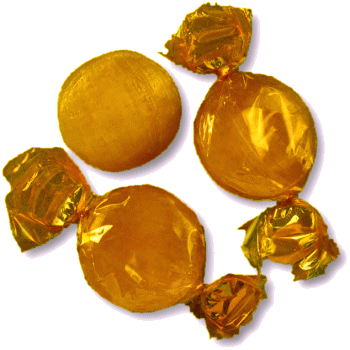




WELCOME TO AN ENTERTAINMENT SITE FOR SCOTTISH COUNTRY DANCERS!
Enjoy this curated selection of theme-related dances for celebrations and holidays, or find a dance associated with a special calendar day, or EVEN your own birthday!
Jun 7

Fish and Chips Day
Fish and Chips
Other Scottish Country Dances for this Day
Today's Musings, History & Folklore
"Fish and chips and vinegar, vinegar, vinegar;
Fish and chips and vinegar,
pepper, pepper, pepper, salt!"
~ Traditional
Feeling peckish? Reel in your hunger with this tasty jig full of advances/retires, circles, and chases!
A beloved classic of takeaway cuisine, fish and chips rose to popularity in England during the 1860s and soon became a staple throughout English-speaking and Commonwealth countries. While the basic concept remains the same—battered fish paired with fried potatoes—regional variations abound, particularly in the type of fish used and the range of accompaniments. Depending on where you are, you might find it served with malt vinegar, brown sauce, mushy peas, pickles, tartar sauce, baked beans, or even curry sauce.
Interestingly, in Australia and New Zealand, the phrase “fish and chips” has taken on a linguistic twist. It’s often cited as a shibboleth—a way to distinguish between the two accents based on the pronunciation of the short “i” sound. In Australian English, the vowel is pronounced with a higher, more forward sound, similar to the ee in see (though shorter), while in New Zealand English, it shifts to a lower, more retracted sound, akin to the a in Rosa’s (but not Rosa itself). As a result, New Zealanders often hear Australians saying “feesh and cheeps,” while Australians perceive New Zealanders as saying “fush and chups.” Pass the vinegar! 🐟 🐟 🐟 🍟 🍟 🍟
Fish and Chips
Of English origin, Fish and chips became a stock meal among the working classes in as a consequence of the rapid development of trawl fishing in the North Sea and the development of railways which connected the ports to major industrial cities during the second half of the 19th century, so that fresh fish could be rapidly transported to the heavily populated areas.
The dish became popular in wider circles in London and South East England in the middle of the 19th century - Charles Dickens mentions a "fried fish warehouse" in Oliver Twist, first published in 1838.
Many countries have their own version with regional batter recipes, accompaniments and sauces.
For the dance cribs, click the fish and chips! And for the the list of this year's winners from the National Fish and Chips Contest held in the UK, click the 1900 vintage illustration of "The Fried Fish Shop."
Click the dance cribs or description below to link to a printable version of the dance!




